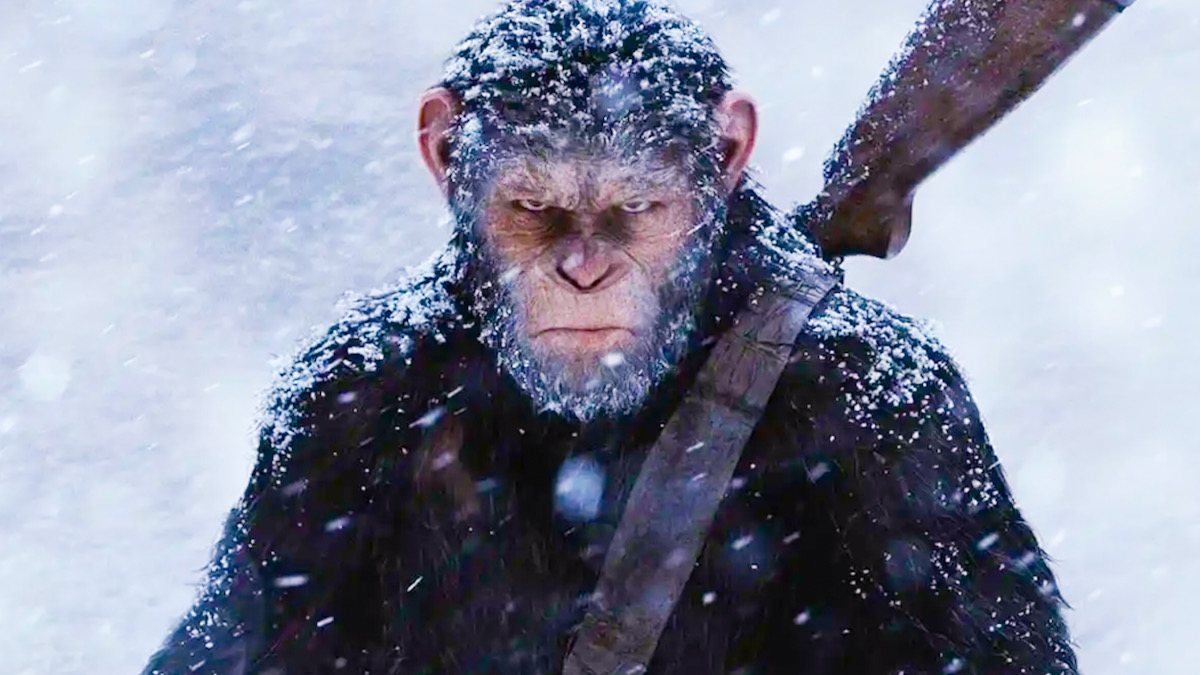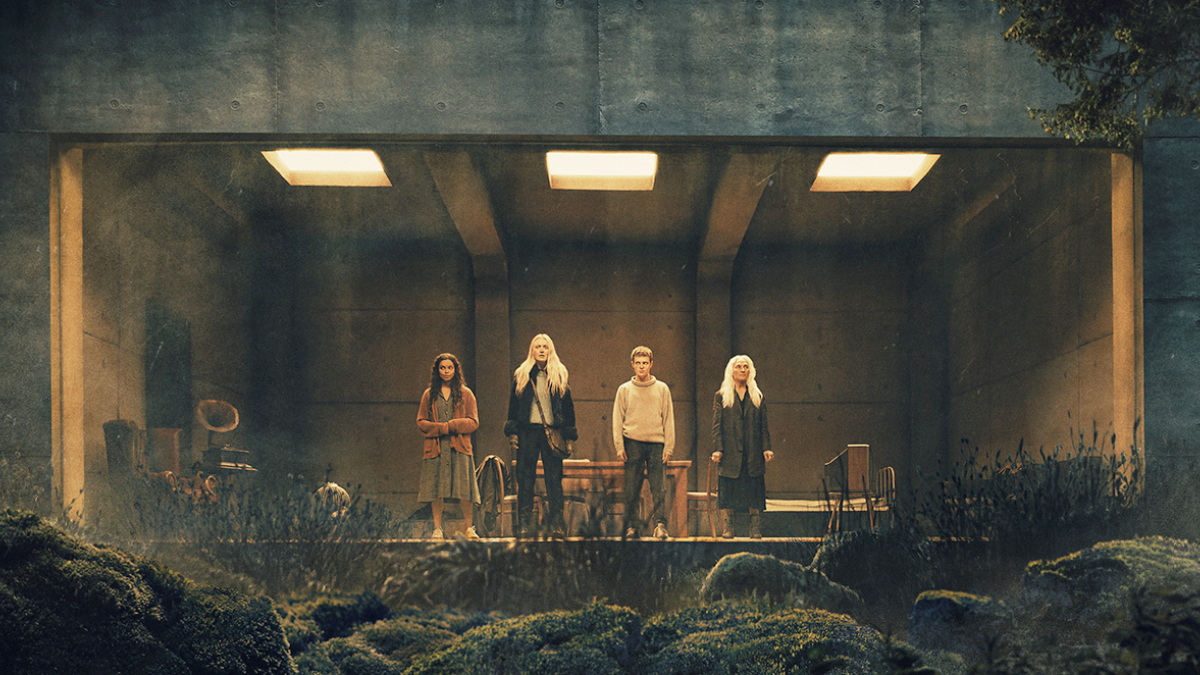
Director Andrea Arnold may not be a name that’s well known to the general populace, but if you’re a movie lover that enjoys challenging and innovative cinema, it’s very possible that news about the impending release of one of her films fills you with giddy anticipation.
One of the most exciting female directors to emerge in the last decade, Arnold won an Oscar in 2005 for her short film Wasp. She followed that up by winning the Jury Prize at Cannes and a BAFTA for her 2006 feature debut, a dark revenge-themed thriller called Red Road. Her second feature, Fish Tank, starred a then virtually unknown Michael Fassbender and a young woman Arnold discovered arguing with her boyfriend in the subway.
The film went on to garner international acclaim and win numerous awards. With her third feature, Arnold is set to divide audiences with her unconventional treatment of a classic story.
Based on Emily Brontë’s gothic novel from 1847, Wuthering Heights is the story of the doomed love affair of Cathy and Heathcliff who are separated by their class differences (also, they’re both kinda self-centred jerks).
It’s a fairly conventional Victorian romance – or at least that’s how its many film and TV adaptations are generally staged, so it’s no surprise that Arnold’s decided to take a brave departure from those staid past productions. She’s forged ahead with a radical new take on the story that plays up the dark and twisted aspects of the source material, adding profanity, sex and lots of muddy realism to the mix.
In this version, Heathcliff is a runaway slave rescued from the streets of Liverpool by a family of Yorkshire farmers who are mostly kind to him, even sending the oldest son away to school after he proves to be prejudiced and abusive towards him. Heathcliff develops a close relationship with the only daughter Cathy and the two spend the days exploring the surrounding moors and as it turns out, falling in love.
When Cathy’s father dies, the dreaded older brother returns home to run the household, relegating Heathcliff to the barn and turning him into a glorified slave. Meanwhile, Cathy is encouraged to forget Heathcliff and spend time with their wealthy neighbours, enticing the youngest son into a fortuitous marriage that will ensure the security of her family but will forever drive a wedge between her and Heathcliff.

In an intriguing twist, Arnold has opted to make Heathcliff black, a different take on the book’s vague description of Heathcliff’s heritage (he’s characterized as a “dark-skinned gypsy”) and certainly not a direction that any previous adaptations have taken. What’s more, Cathy is portrayed as a tomboy-ish farm girl rather than an aristocrat.
It’s a refreshing and very welcome spin on the classic story that makes the breakdown between Cathy and Heathcliff more about race than class which gives the film a contemporary feel (cemented further by the film’s lone piece of music: a brand new song by current indie darlings Mumford & Sons that runs during the film’s final moments) despite its setting.
The film stars Kaya Scodelario (UK version of Skins) and newcomer James Howson as the adult versions of Cathy and Heathcliff while the younger versions of the characters are played by non-professional actors Solomon Glave and Shannon Beer, who all but steal the film with their heart-breaking, natural performances.
Arnold shoots the film in her usual handheld doc-style that adds a sense of urgency, bringing the emotional reality of the characters to life in a vivid way despite the film’s brooding colour palette of dingy browns, lifeless greens and chilly blues. It all adds up to a visually poetic, harrowing experience that will inspire you to appreciate Brontë’s book in a whole new way.
Basically, this is not your grandmother’s Wuthering Heights, and that’s a novel thing.






